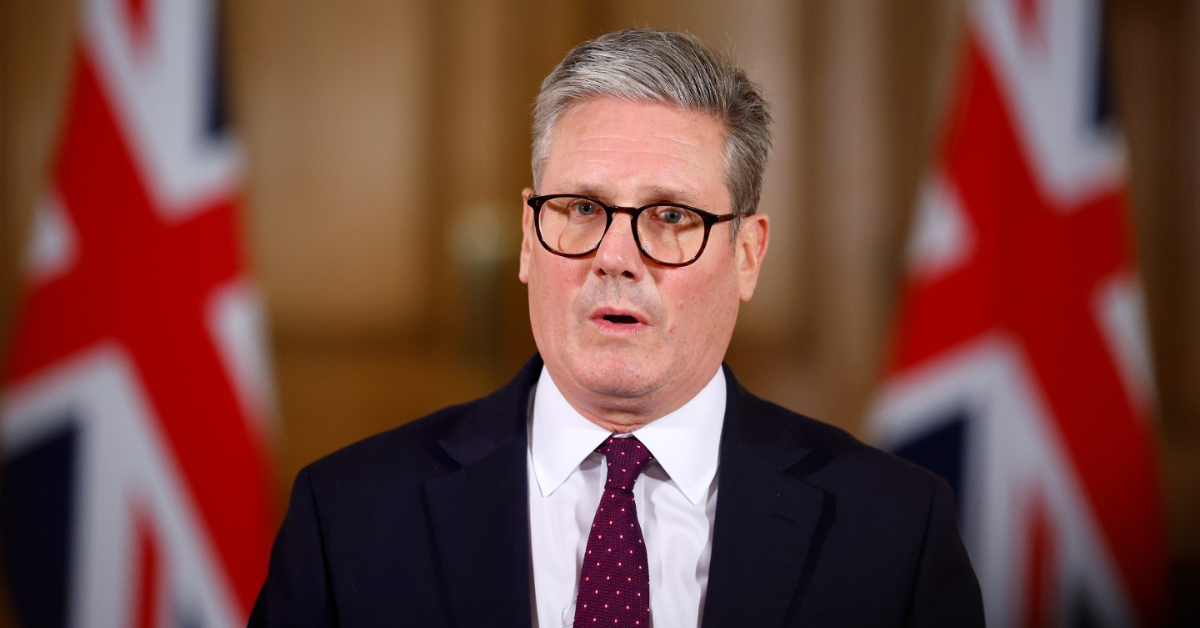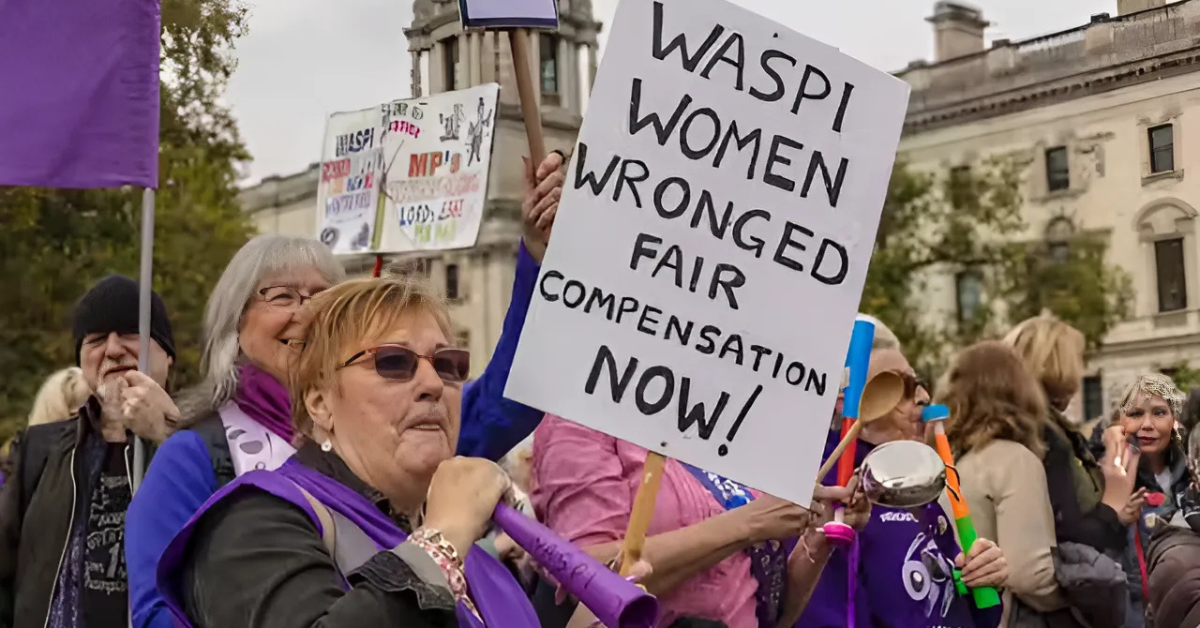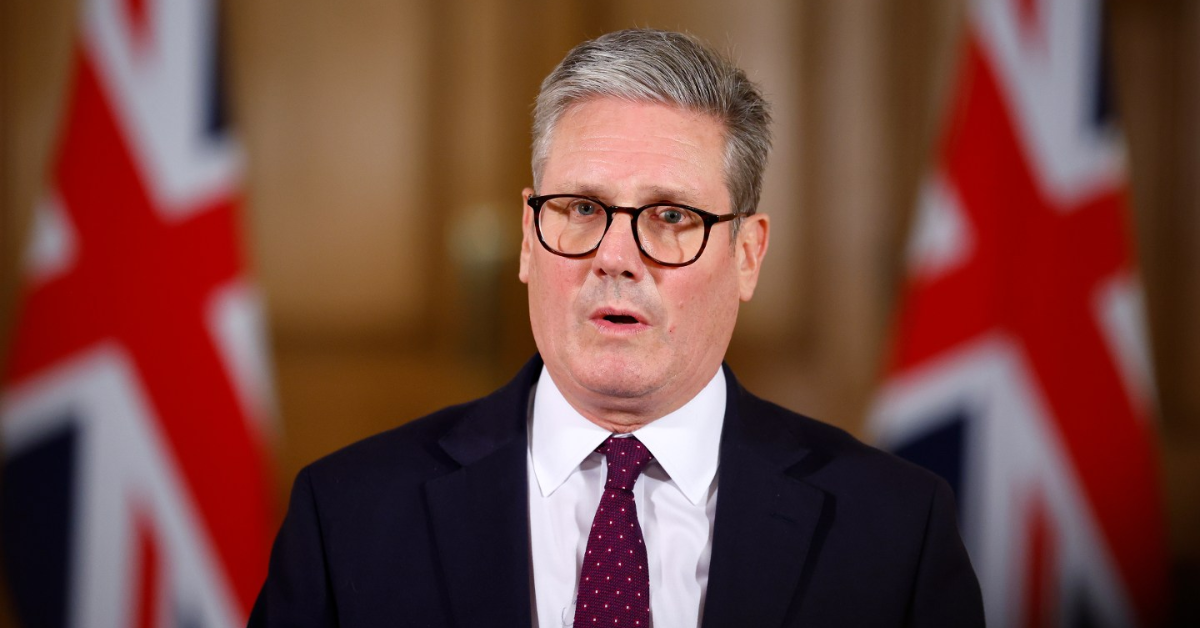A big discussion has started in the UK after experts warned that the state pension age might rise to 74 in the coming years. If this happens, millions of people could have to work much longer than expected before they receive their pension. The Department for Work and Pensions (DWP) is now being asked to step in and review the system to make sure it’s fair for everyone.
Why the Pension Age Might Increase
According to recent analysis, the UK government might not be able to afford the current pension system in the long term. People are living longer, which means they are claiming pensions for many more years than before. To reduce the cost, the idea of increasing the retirement age has come up again.
At present, the state pension age is 66 for both men and women. It is already set to increase to 67 by 2028 and 68 by 2046. But now, reports suggest it could go as high as 74 if current trends continue. This has caused a lot of concern among the working population, especially those in physically demanding jobs who might find it hard to work until that age.
Who Will Be Affected the Most
If the pension age increases to 74, it will mainly impact young and middle-aged people who are currently in their 30s or 40s. These are the individuals who will have to wait longer for financial support after retirement. Many workers are already worried about how they will manage their health, savings, and family responsibilities if they are forced to work for so many more years.
People in lower-income groups may suffer more, as they are less likely to have private pension plans or big savings. For them, the state pension is a lifeline, and delaying it could cause serious financial difficulties.
What Experts Are Saying
Several pension experts, economists, and policy advisors are asking the DWP to urgently review the retirement system. They say that while increasing the pension age might help the government save money, it is not a fair solution for everyone.
They argue that life expectancy is not increasing as fast as before, especially in poorer parts of the country. In some areas, people are not even living long enough to enjoy retirement. So, asking them to work until 74 makes the whole system unfair and unbalanced.
Political Pressure is Growing
There is now growing political pressure on the UK government to rethink the plan. Many Members of Parliament (MPs) and public figures are calling for a more flexible system. They believe people in tough jobs or poor health should be allowed to retire earlier, while others can work longer if they want.
Unions are also raising their voices, saying this kind of policy hurts workers and pushes people to the edge. They demand proper consultation and real solutions that don’t just focus on cutting costs.
What Could Happen Next
The DWP is under pressure to act, and they may consider options like:
- A flexible pension age based on career type or health.
- Offering partial pensions to those who want to reduce their working hours.
- Creating more incentives for private savings so people don’t rely only on the state pension.
- Introducing better support systems for older workers who still need to work.
The government has not yet confirmed any decision to increase the age to 74, but if current discussions turn into policy, it will be a major shift for the country.
What You Should Do
If you are in your 30s, 40s, or 50s, this news is a reminder to start planning early for retirement. Some practical steps include:
- Checking your National Insurance contributions regularly.
- Looking into private or workplace pension options.
- Creating a long-term savings plan.
- Staying updated on government announcements related to pensions.
Also, be part of the conversation. It is important that working people raise their concerns, ask questions, and demand fairness in how pensions are planned for the future.
Final Thoughts
Raising the state pension age to 74 could affect the lives of millions, especially those who are already struggling. The DWP has a tough job ahead — balancing the budget while also protecting citizens’ rights to a peaceful and secure retirement. Whatever the final decision, one thing is clear: the way forward must be fair, realistic, and support those who need it the most.














Leave a Reply